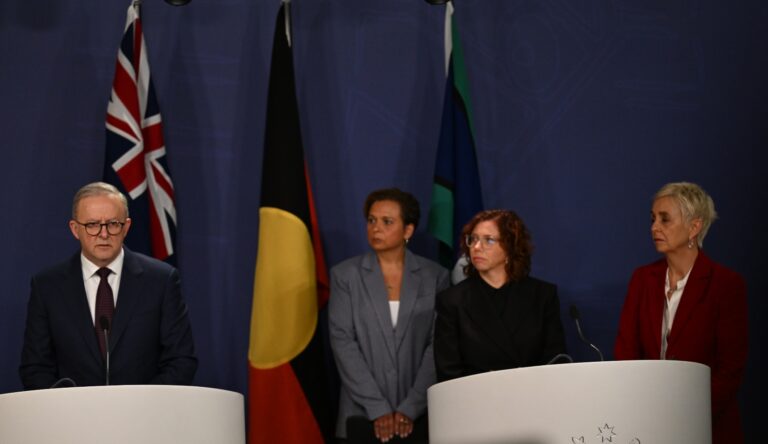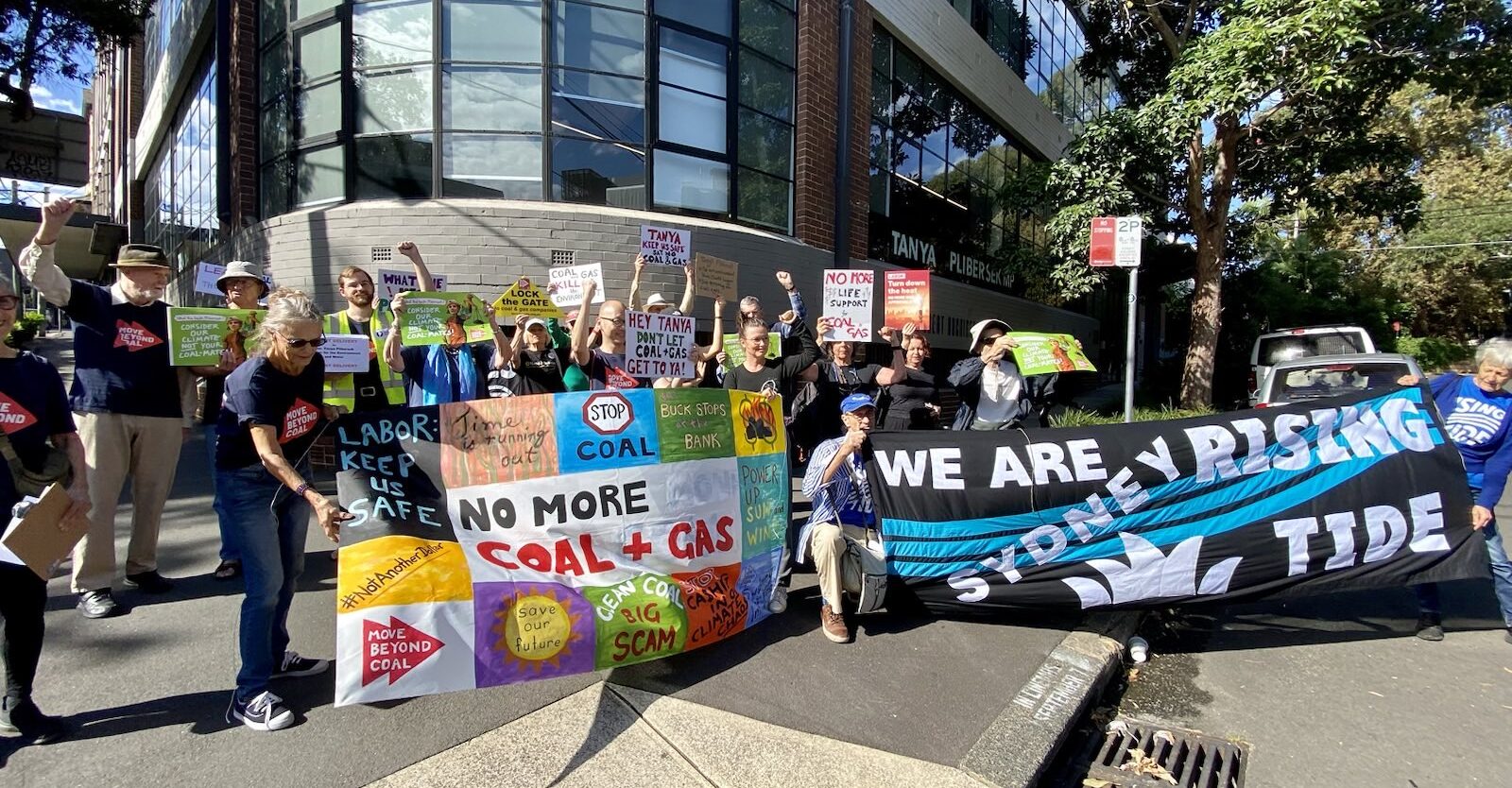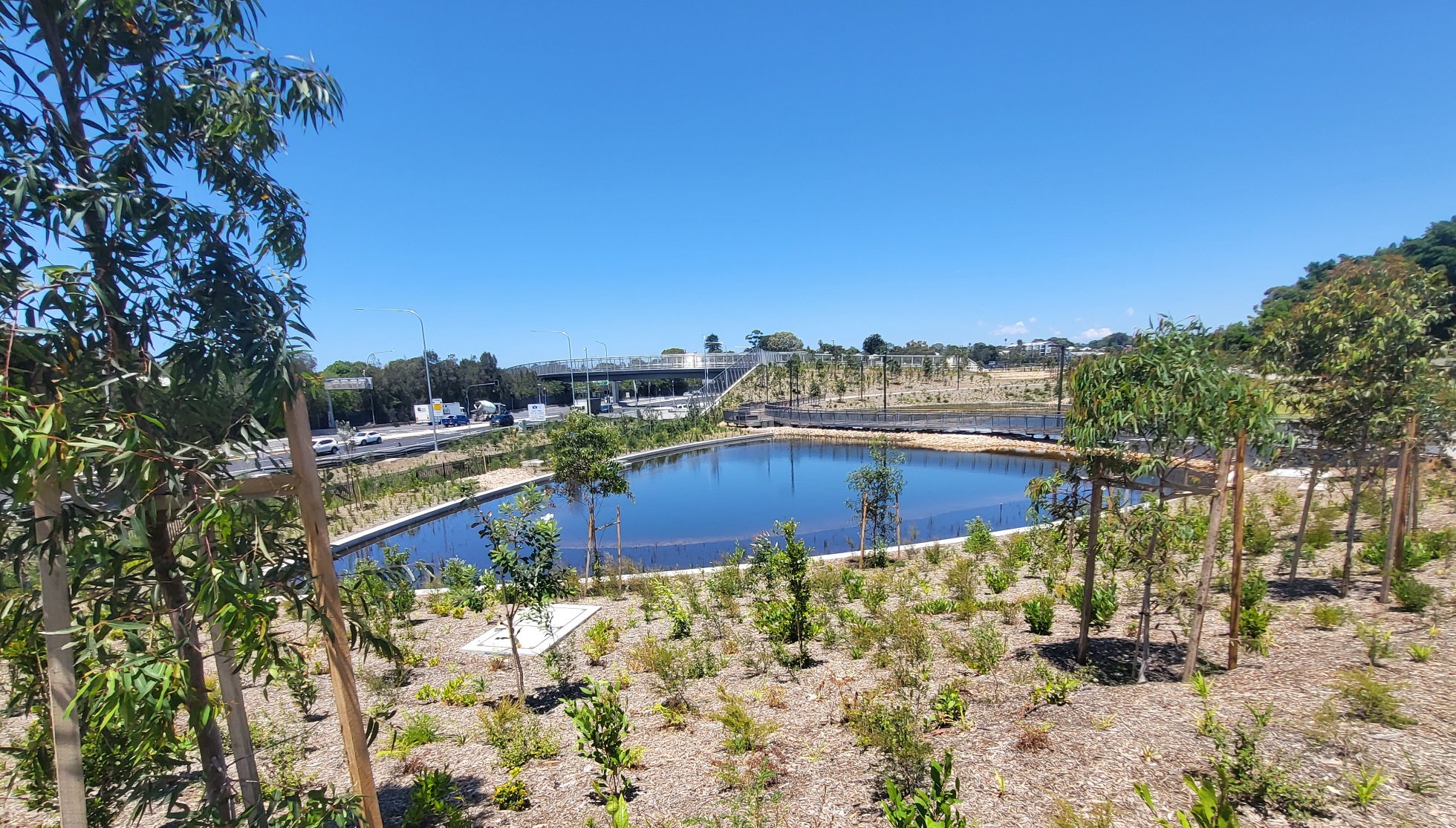
Can Kerryn cure our democracy?

BY MERRILL WITT
Wentworth MP Dr Kerryn Phelps has given the electorate some very good reasons for keeping the Independent in the House of Representatives. In the six months since winning the traditionally safe Liberal seat – a remarkable feat that robbed the Morrison Government of its majority – Phelps has shown the advantages of doing politics differently.
At a packed community forum in a Paddington pub last Wednesday, Phelps acknowledged that “a bit of luck has been on her side”.
Two weeks after she entered parliament, Chisholm MP Julia Banks spectacularly resigned from the Liberal Party, citing bullying and misogyny in her own ranks. Her decision swelled the number of Independents on the crossbench and plunged the Coalition further into minority government.
Sensing an opportunity to make good on a campaign promise, Phelps worked with the crossbench and Labor on an amendment to a government migration bill that sensibly gave a panel of medical experts the power to determine whether asylum seekers in offshore detention should be transferred to Australia for care.
Functional supportive crossbench
Despite a ferocious government scare campaign, the Medivac Bill passed, marking the first time in almost 80 years that a sitting government had lost a lower house vote on legislation.
At the Paddington forum, Phelps tells her audience that the successful negotiation of the bill’s passage came about from having a “functional and supportive crossbench” and a “responsive Labor opposition” that was willing to have “sensible and authentic conversations” about the issue. She describes the legislation as a win for “decency, integrity and humanity”.
The bill’s passing could also be rightly characterised as a win for democracy. It highlights what can be achieved when the all-too-familiar partisan bickering in the House of Representatives is momentarily suspended.
Phelps is a big believer in the power of “evidence-based decision-making”. In her latest book, The Cancer Recovery Guide, she tells her readers that “the more information you have, the more confident you are to engage in the decision-making process”.
So far, Phelps has used this advice to good effect in her political career. She’s a big believer in “listening to experts and members of the community” and then working hard to develop consensus across party lines to achieve a “good outcome for everyone”.
Phelps’ commonsense approach and conversational style seemed to hit the right note with the voters attending the Paddington forum. A 78-year-old British Indian doctor, who immigrated to Australia 25 years ago, told Phelps “she was a breath of fresh air” and an antidote to “the corruption and self-serving behaviour of most politicians”.
The fact that a fair number of Phelps’ Wednesday night audience are at or close to retirement age should ring alarm bells in the Liberal Party. The Liberals are confident that anger about the dumping as Prime Minister of former popular local MP Malcolm Turnbull has dissipated, especially among the electorate’s wealthy retirees, most of whom have always voted Liberal.
Phelps describes her Liberal opponent, former diplomat Dave Sharma, as an “arch-conservative”. She says that if the government changes hands, Wentworth voters “will be better served by a socially progressive but economically conservative independent” with experience in building “lines of communication” with Labor, the minor parties and other Independents.
Sharma is selling himself as a “modern Liberal,” which unfortunately could serve to remind voters of Tony Abbott, Craig Kelly and the other party dinosaurs who have stymied any chance of real political debate and meaningful reform, particularly with regard to climate change action.
In contrast to Sharma’s low-key pronouncements on the need to do more to address climate change, Phelps has made her position on the issue very clear. She recently teamed up with six other lower house Independent candidates to issue a joint statement opposing the proposed Adani coal mine and advocating an energy plan that would make renewables 50 per cent of the power mix by 2030.
Major parties on notice
Designed to convince voters of the advantages of having more Independents in the parliament, the joint statement also puts the major parties on notice in the event that either Labor or the Liberals need to form a minority government after the election.
Phelps is also appealing to younger voters with a promise to push for pill testing at music festivals. On the pill testing issue, like others, Phelps has sought out the advice of professionals. In this case, she’s been listening to accounts from emergency room doctors, police and other frontline workers who attest to the life-saving effectiveness of trials conducted in other states.
At a time when facts are often dismissed as “fake news,” perhaps Phelps’ consultative, evidence-based approach to developing policy in the community’s best interest offers a potential cure for the cancer on our democracy.









